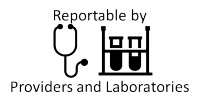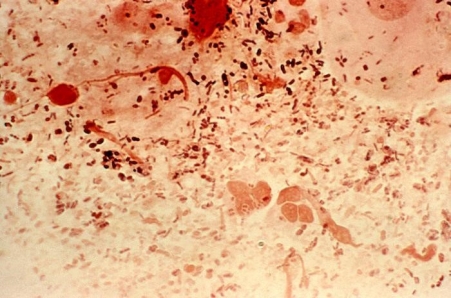Gonorrhea


Infectious agent: Gonorrhea, caused by the gram negative diplococci bacterium Neisseria gonorrhoeae
Description of illness: Gonorrhea is a common bacterial STD that can
infect the genitals, oropharynx, and rectum of both men and women. Gonorrhea is
spread from person to person during sexual contact and can be asymptomatic. If
symptoms occur they may include: painful urination, abnormal discharge from the
penis, vagina, or rectum, bleeding between periods, and painful bowel
movements. Gonorrhea can be treated with antibiotics but there is a risk for
the development of antibiotic resistant infections. Without treatment,
gonorrhea can cause permanent damage to a woman’s reproductive system, leading
to an increased risk for ectopic pregnancy and infertility. Rarely, untreated
gonorrhea can spread to the blood or joints. All sexually active women under 25
years of age and men who have sex with men should be screened annually and more
often if at risk. Additionally, sexually active men in high prevalence settings
and women greater than 25 years of age who are at risk (more than one sex
partner, a partner with concurrent partners, or a partner with an STD) should
be screened.